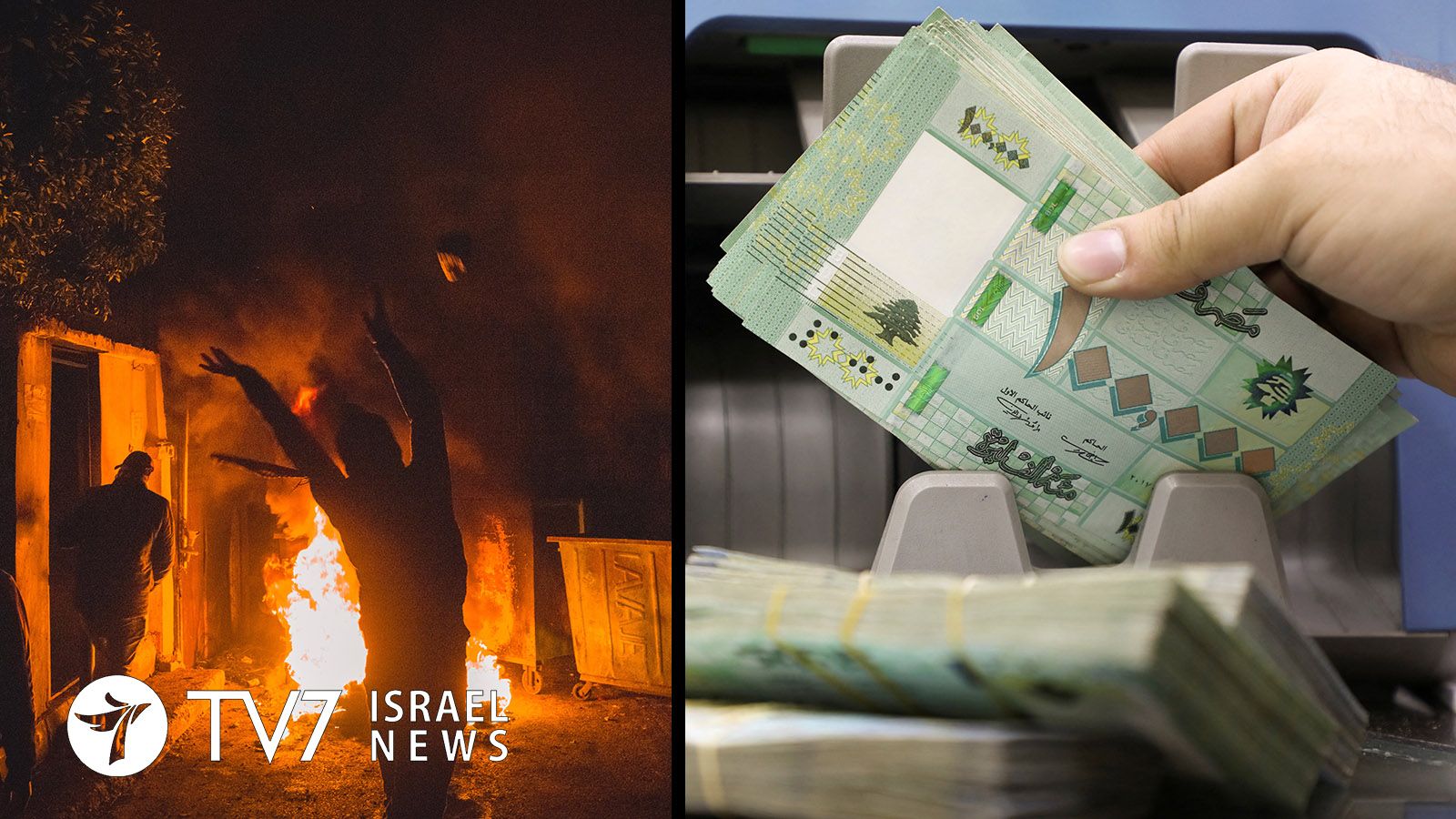Drivers of truck, buses and other protestors blocked main roads in Beirut and additional areas in a show of anger at government failure to resolve the country’s devastating economic crisis.
By Erin Viner
Lebanese civilians have been struggling to cope with massive devaluation of the national currency that has sent prices skyrocketing amid a devastating financial collapse of the country under a mountain of debt.
The cabinet, formed by the government of Prime Minister Najib Mikati in September, vowed to address the financial free-fall, but has it been prevented to meet for 3 months by the Iran-backed Hezbollah faction, over demands the judge leading investigation into the catastrophic 2020 Beirut Port blast be dismissed.
“I tell everyone that if there is a protest or demonstration against this situation, go to the street. If we wait for our leaders or parties, no one will care,” Mohamed al-Muqdad, 58, told Reuters at a main intersection in a Beirut suburb.
“I want any official – the president, the prime minister, the speaker of parliament – to try to live for one day with the salary of a poor worker. Let’s see how they will do it,” he stressed, as dozens of trucks blocked traffic.
Similar protests clogged routes elsewhere in Lebanon.
Prior to outbreak of the financial crisis in 2019, Lebanon’s ل.ل. pound 1,500 was unofficially equivalent to $1. According to yesterday’s rates, $1 was worth 31,500 (€ 1,729.98 Euro).
A once comfortable middle-class salary can now barely feed a family.
“The rise in the exchange rate … caused very big problems. It made the Lebanese hungry, it made all citizens poor, citizens can’t afford filling up with fuel anymore. People can’t afford buying bread or food. Where are we heading?” commented the spokesman for the country’s gas stations Fadi Abou Chakra.
Efforts by Lebanese President Michel Aoun to convene representatives of the country’s multiple sectarian factions for a national dialogue conference have so far drawn participation only by close allies, while opposition parties say such a gathering should be delayed until after parliamentary elections in May.
The World Bank has called Lebanon’s economic collapse one of the worst in modern history.
